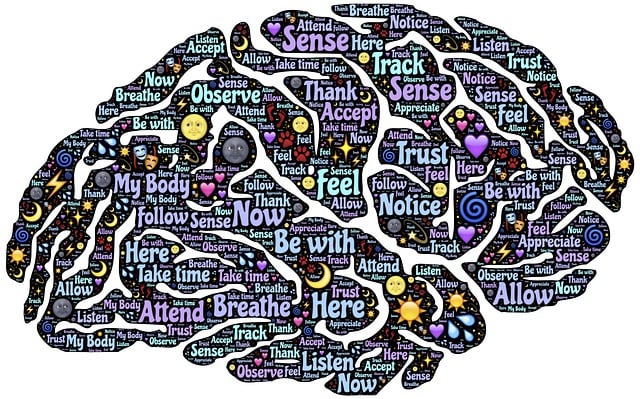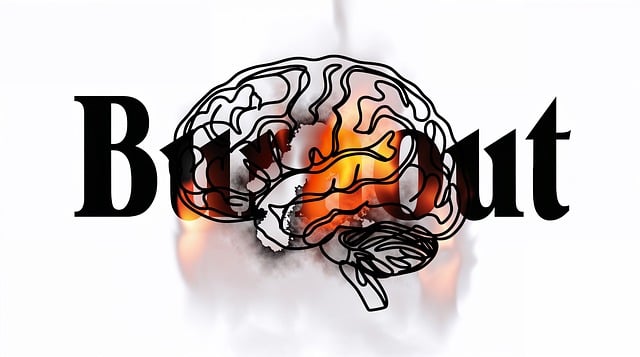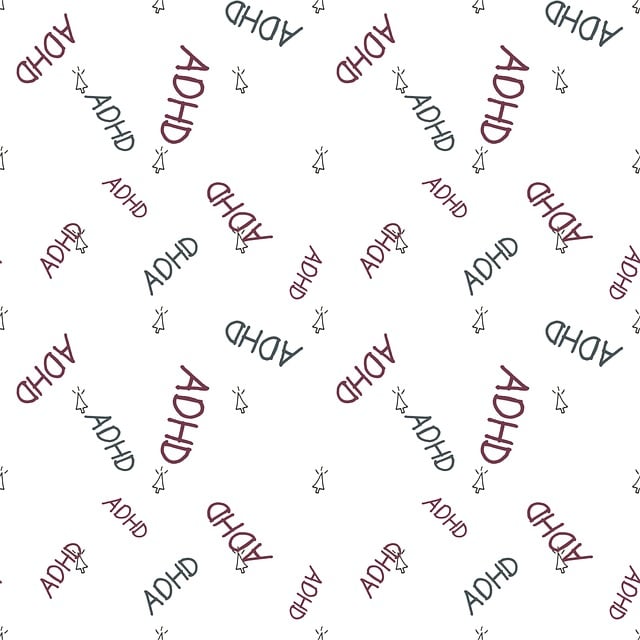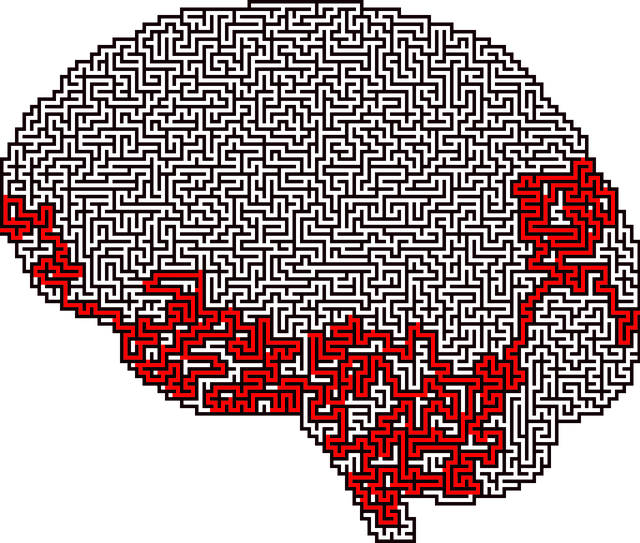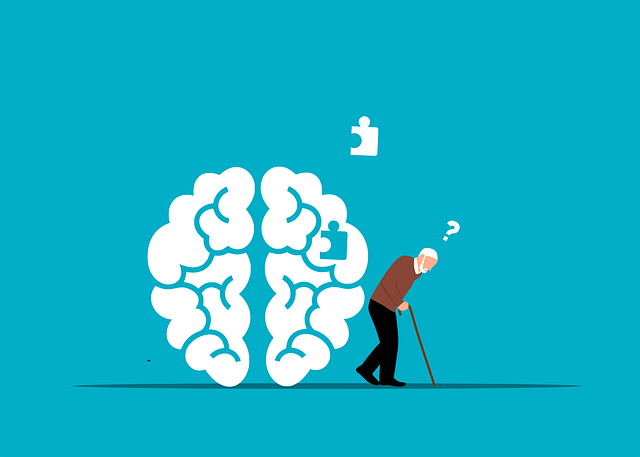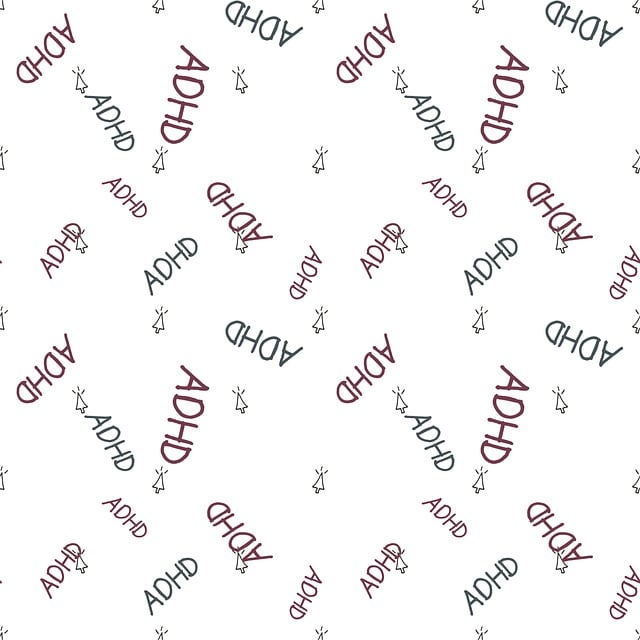Boulder Depression Therapy emphasizes group facilitation as a powerful tool for mental wellness. Facilitators create inclusive, safe spaces where members share experiences and develop coping strategies through active listening, clear communication, and collaborative problem-solving. Using mental wellness journaling exercises, crisis intervention guidance, and standardized assessments, facilitators foster vulnerability, build trust, and promote personal growth. This comprehensive approach combines quantitative and qualitative methods to enhance emotional well-being, reflecting Boulder Depression Therapy's commitment to effective group dynamics.
“Unleash your potential as a mental wellness group facilitator with our comprehensive guide. In today’s digital age, groups play a pivotal role in supporting individuals navigating challenges like depression. This article explores the art of facilitation, delving into crucial dynamics and strategies. From understanding group behavior to creating safe spaces, we equip professionals with tools for effective communication and problem-solving. Learn how to measure progress and revolutionize mental health support, offering Boulder Depression Therapy that resonates with diverse needs.”
- Understanding Mental Wellness Group Dynamics
- Effective Communication Strategies for Facilitators
- Techniques to Foster a Safe and Supportive Environment
- Collaborative Problem-Solving Approaches
- Measuring and Tracking Progress: Assessment Tools
Understanding Mental Wellness Group Dynamics

Understanding Mental wellness group dynamics is crucial for effective facilitation, especially in a setting like Boulder Depression Therapy where diverse individuals seek support. Groups provide a unique environment where members can learn from one another’s experiences and develop coping strategies collectively. As a facilitator, it’s essential to navigate this dynamic by fostering an inclusive atmosphere where everyone feels heard and respected. This involves recognizing and addressing power imbalances, promoting active participation through mental wellness journaling exercise guidance, and ensuring that the group’s focus remains on emotional well-being promotion techniques.
The interplay of personalities, backstories, and unique challenges within a group can either enhance healing or create barriers. Facilitators must be attuned to these dynamics, offering crisis intervention guidance when necessary while encouraging open dialogue. By creating a safe space that encourages vulnerability and shared understanding, the group becomes a powerful tool for personal growth and recovery, mirroring the principles of Boulder Depression Therapy’s comprehensive approach.
Effective Communication Strategies for Facilitators

Effective communication is a cornerstone for successful group facilitation, especially when addressing mental wellness issues like Boulder Depression Therapy. Facilitators play a vital role in creating a safe and supportive environment where participants feel heard and understood. Active listening is a powerful tool; it involves giving full attention to each speaker, paraphrasing their thoughts to ensure understanding, and maintaining open body language. This not only validates individual experiences but also fosters a sense of community among group members.
Additionally, facilitators should employ clear and concise language, avoiding jargon that might confuse or alienate some participants. The use of Crisis Intervention Guidance techniques can help navigate sensitive discussions and provide immediate support when needed. Mental Health Awareness training equips facilitators with the skills to recognize signs of struggle and offer guidance while promoting open dialogue. Effective communication strategies ultimately enhance the overall effectiveness of group sessions, creating a space where individuals can explore their mental health journeys together.
Techniques to Foster a Safe and Supportive Environment

Creating a safe and supportive environment is paramount when facilitating mental wellness groups, especially considering challenges like Boulder Depression Therapy. This involves intentional practices to foster trust among group members. One effective technique is active listening, where facilitators demonstrate genuine interest in each individual’s experience, ensuring everyone feels heard and understood. Such an approach helps in building rapport and encourages open communication.
Additionally, establishing clear boundaries and rules is crucial. Mental health professionals should involve participants in setting these guidelines, promoting a sense of ownership and mutual respect. This can include deciding on confidentiality practices, the role of the facilitator, and group dynamics to ensure everyone feels safe to express themselves honestly, enhancing the overall effectiveness of public awareness campaigns development for mental wellness initiatives.
Collaborative Problem-Solving Approaches

Collaborative Problem-Solving Approaches are a cornerstone of effective mental wellness group facilitation. By fostering an environment where participants actively engage in joint problem identification and solution development, facilitators can empower individuals to navigate challenges with enhanced coping strategies. This method encourages open dialogue, builds camaraderie, and promotes a sense of shared responsibility for one another’s well-being—all essential components of Boulder Depression Therapy.
Incorporating Mental Wellness Journaling Exercises within these collaborative sessions further enhances the process. Guidance through reflective writing allows individuals to articulate their thoughts and feelings, identify patterns, and gain insights into their emotional responses. This introspective practice supports Trauma Support Services by providing a safe space for processing past experiences and promoting resilience. Ultimately, it aligns with Mind Over Matter principles, demonstrating that conscious mental effort and community support can significantly contribute to overcoming obstacles and cultivating lasting mental wellness.
Measuring and Tracking Progress: Assessment Tools

Measuring and tracking progress is a vital aspect of effective mental wellness group facilitation, especially when helping individuals overcome challenges like depression in Boulder, CO. Facilitators can utilize various assessment tools to gauge participants’ well-being and tailor their support accordingly. One popular method is the use of standardized questionnaires designed to assess symptoms of depression, anxiety, or stress. These tools provide a quantitative measure of progress over time, allowing facilitators to identify when interventions are successful or require adjustment.
Additionally, facilitators can incorporate qualitative methods such as one-on-one check-ins and group discussions to gain deeper insights into participants’ experiences. This includes encouraging self-reflection through journaling prompts related to inner strength development and mindfulness meditation practices. By combining quantitative and qualitative approaches, facilitators can offer more personalized Boulder depression therapy, fostering a supportive environment where individuals actively engage in their mental wellness journey.
Mental wellness group facilitation is a powerful tool for fostering community, understanding, and growth. By implementing the techniques discussed—from navigating dynamic group interactions to utilizing assessment tools—facilitators can create an environment that promotes healing and transformation. Just as Boulder Depression Therapy focuses on individual well-being, group facilitation strategies emphasize collective support, enabling participants to embark on their journeys toward mental wellness together. Through open communication, collaborative problem-solving, and a safe space, facilitators can revolutionize the way individuals process and overcome challenges, leaving lasting positive impacts.
